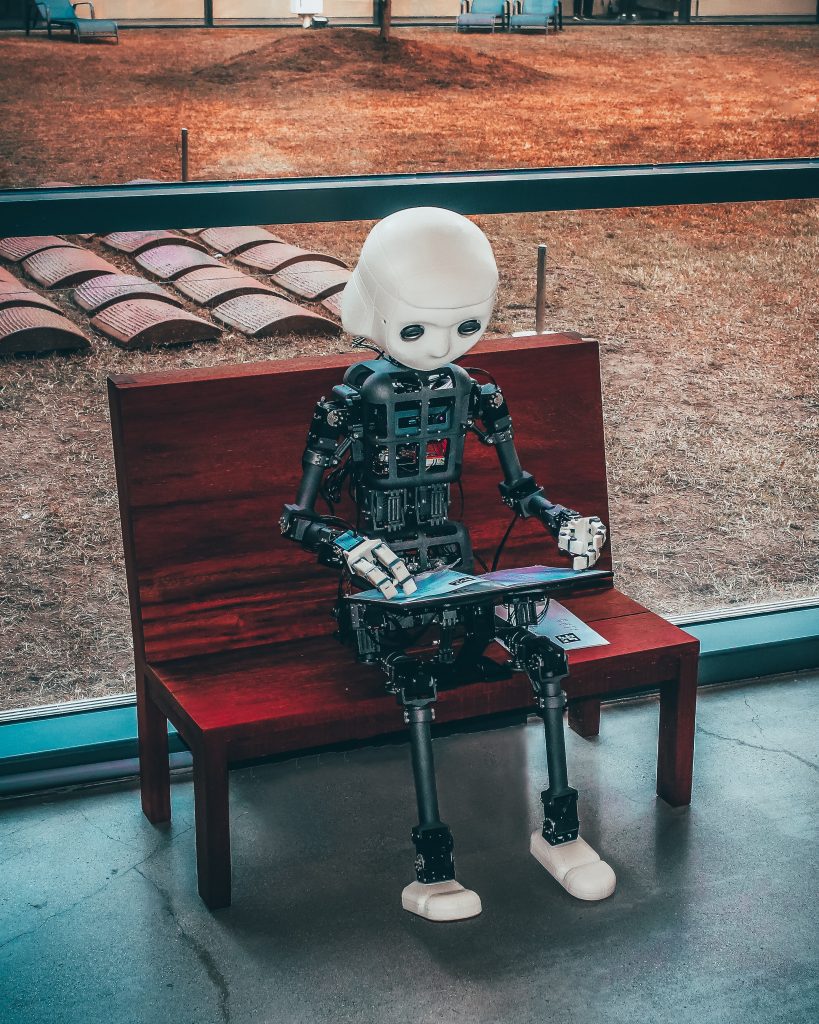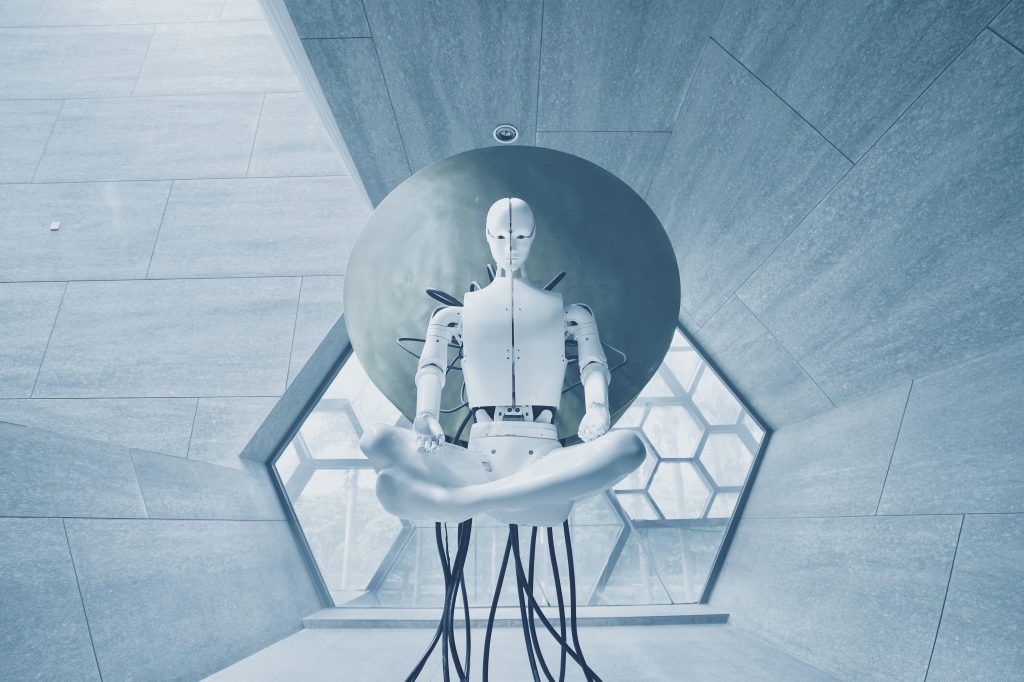New Training For Robots Will Help Them Perform Real-life Tasks
Despite their ability to solve complex situations and perform extraordinary feats, robots still struggle with simple tasks such as handling chopsticks and other things even children can master with ease. In addition, they have difficulty picking up mental tasks that a child can efficiently perform despite data and extensive training.

However, a new training program that involves a simulated environment has been designed to make robot learning more intuitive. The name of this environment is PlasticineLab. Researchers hope that by incorporating physical knowledge into their simulators, it will be easier to train robots to manipulate real-world materials which are bendable and deformable.
In this simulated environment, the robot agent manipulates various soft objects to learn how to accomplish tasks given to it. Some of the things they know to do include flattening a piece of dough and picking up and moving a rope. Essentially, they have been able to master some of the more mundane but intuitive tasks.
At the International Conference on Learning Representations, researchers at the University of California, San Diego, IBM Watson AI Lab, and MIT presented the simulator.
The researchers added the knowledge of fundamental physics to the simulator to make learning possible. In addition, by utilizing the graphics programming language Taichi (which was developed by Yuanming Hu SM ’19), the simulated environment can compute various physics equations, making it more intuitive.

The goal of this experiment is that robotics could be equipped with the ability to clean, fold laundry, and handle other mundane tasks in the future.
